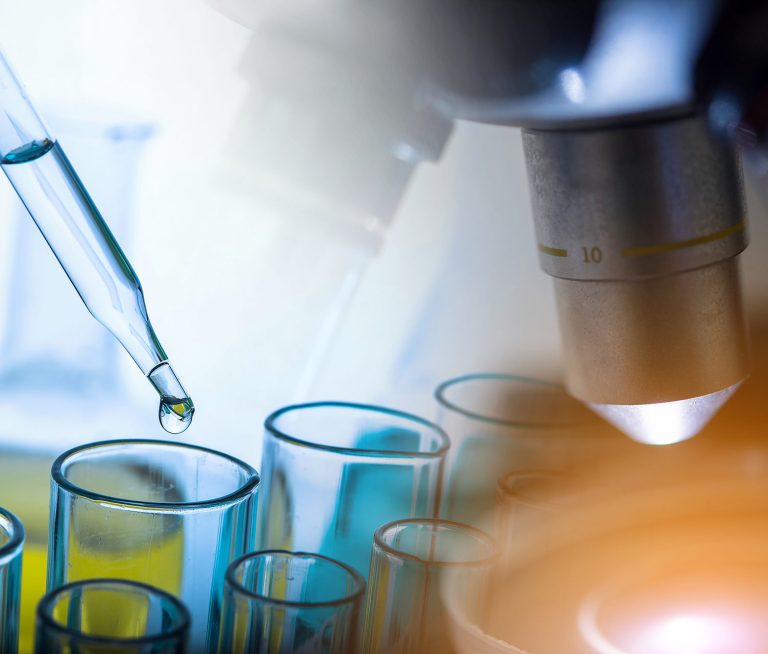

Upon the successful completion of this course, the participants will have an understanding of Principles and practices of the modern instrument’s technique with different methods of calibration, standardization, and blank correction for analytical instruments.
The aim of this course is to enrich and update the knowledge and skills of the participants for understanding refinery laboratory technical, requirements of quality laboratory and procedure methods. With enable the participants to provide an understanding of the roles of the quality and technical performance in the laboratory. Provide an understanding of the roles of quality standards, how to develop the technical, and methods in the refinery lab and how to evaluate the lab results.
The course is of interest for all Laboratory staff, Chemists & technicians
This training will utilize a variety of proven adult learning techniques to ensure maximum understanding, comprehension and retention of the information presented. The Course is designed as a blended environment of presentation; workshops; group work; practical exercises; field application/ analysis; and general discussions.
Pre & Post course assessments will be used to measure the effectiveness of this training and measure the skill and ability of participants.
Module 1 - Chemical Laboratory
Module 2 - Crude Oil & Petroleum Products
Module 3 - Crude Oil & Petroleum Products Specification & Analysis
Module 4 - Instrumental analysis in refinery laboratory
Module 5 - Correlation between laboratory results and refinery operation
CDGA attendance certificate will be issued to all attendees completing a minimum of 75% of the total course duration
| Code | Date | Venue | Fees | Register |
|---|---|---|---|---|
| LAB166-01 | 05-04-2026 | Dubai | USD 5450 | |
| LAB166-02 | 06-04-2026 | London | USD 6950 | |
| LAB166-03 | 19-07-2026 | Riyadh | USD 5450 | |
| LAB166-04 | 06-12-2026 | Manama | USD 5450 |
Providing services with a high quality that are satisfying the requirements
Appling the specifications and legalizations to ensure the quality of service.
Best utilization of resources for continually improving the business activities.
CDGA keen to selects highly technical instructors based on professional field experience
Since CDGA was established, it considered a training partner for world class oil & gas institution
3012, Block 3, 30 Euro Business Park, Little Island, Co. Cork, T45 V220, Ireland
Mon to Fri 09:00 AM to 06:00 PM
Contact Us anytime!
Request Info